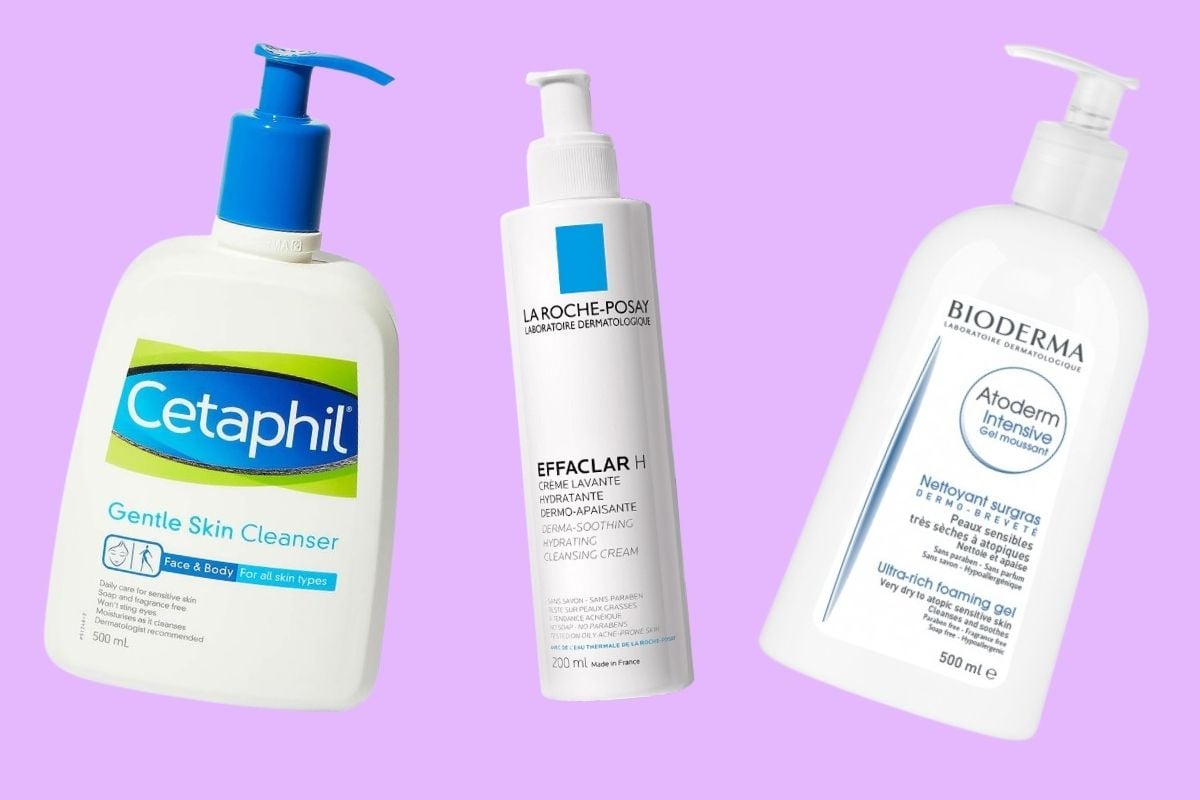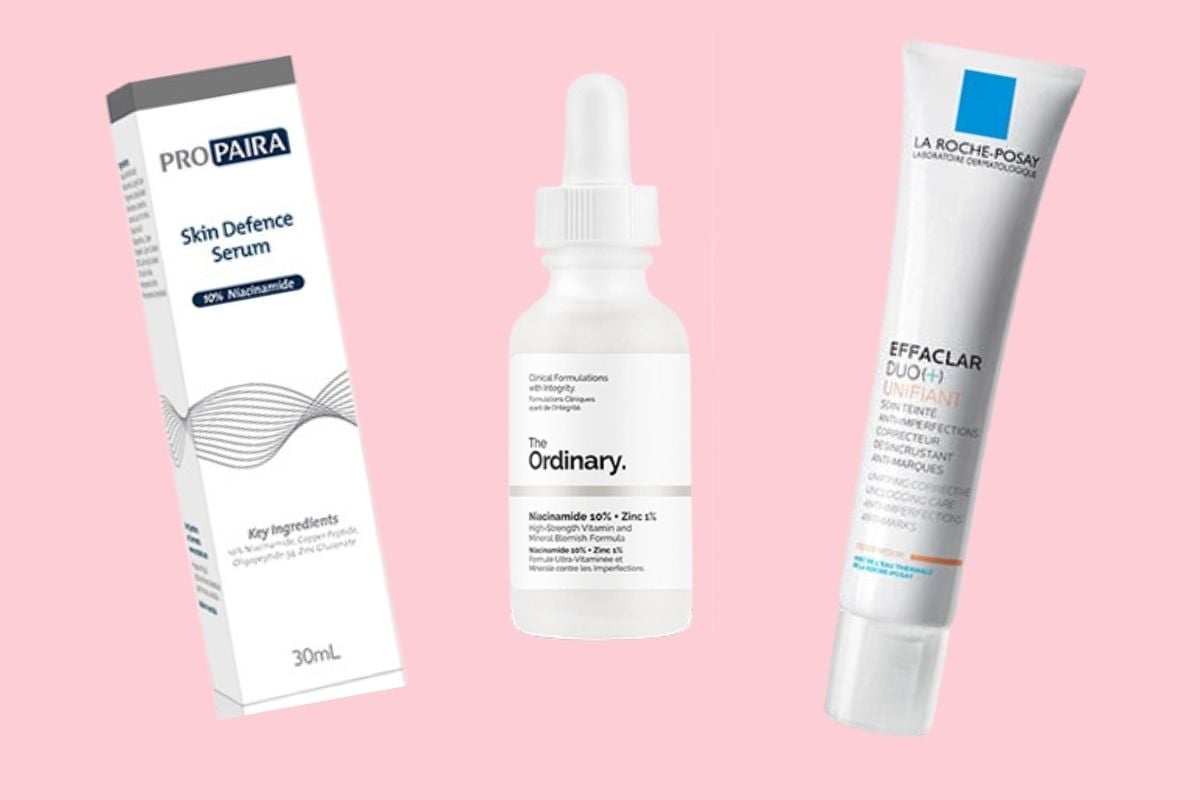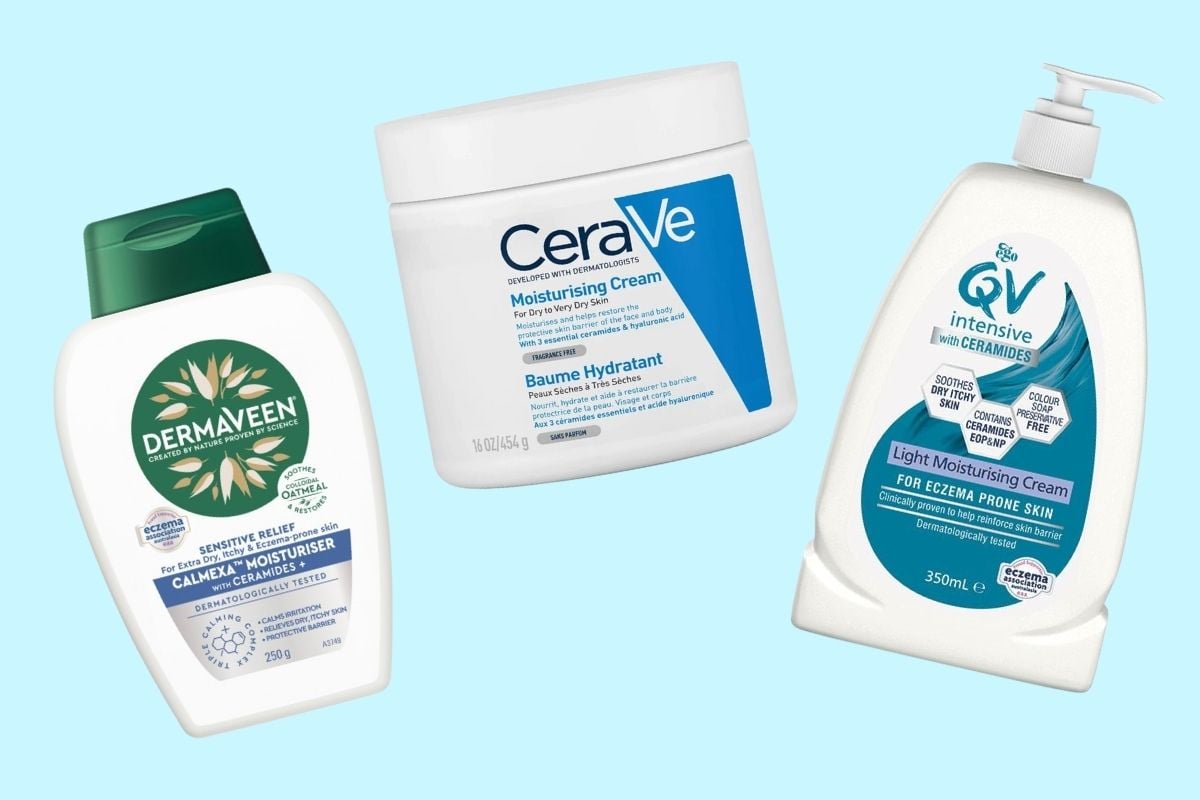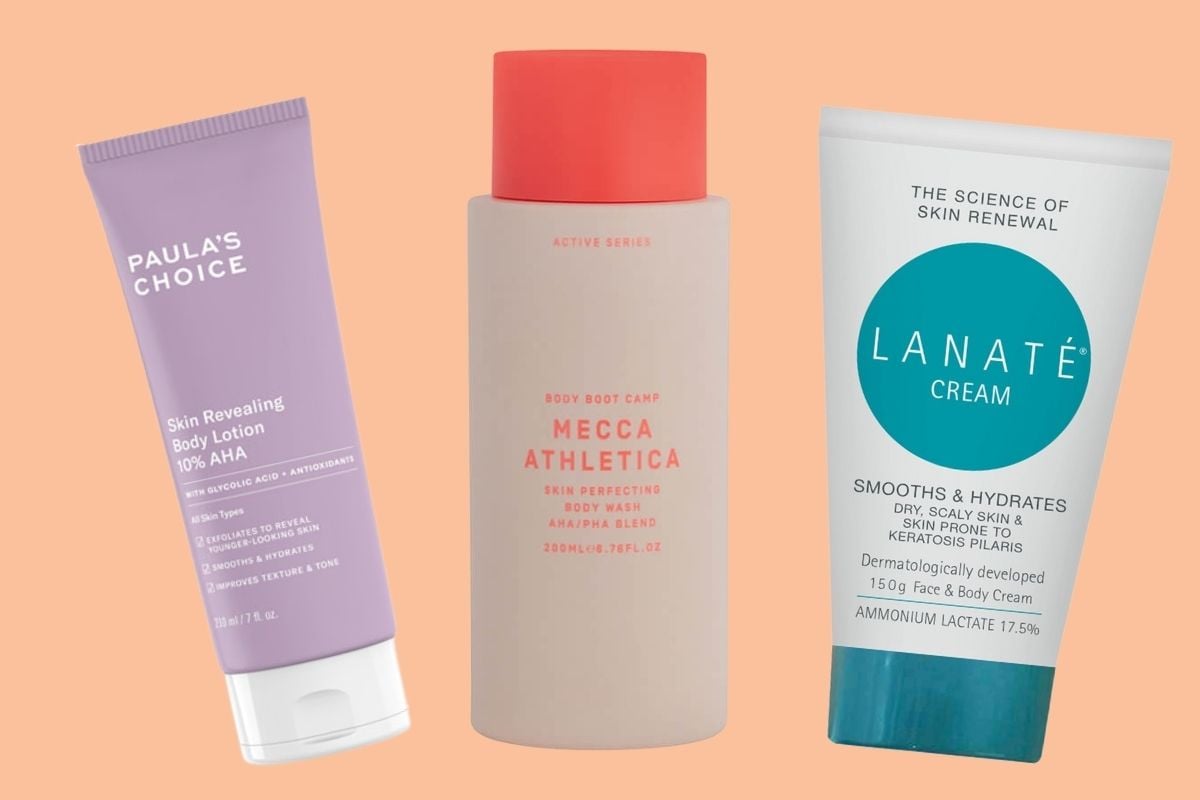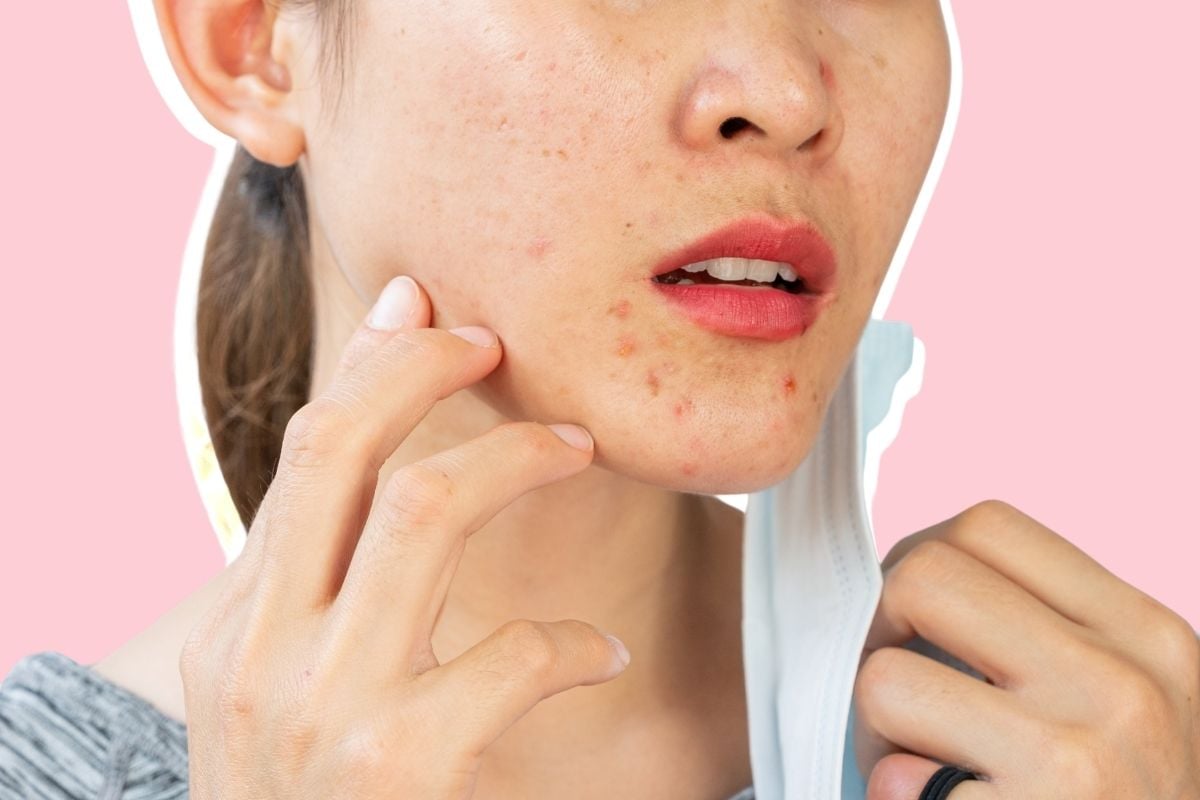
If you're in lockdown and you have skin on your face, chances are you're experiencing some ✨issues✨.
Whether it's clusters of breakouts, random flaky patches of skin, red bumps, constant dryness or scaly everything - WE FEEL YOU.
Isolation skin is a real b**ch. And it's confusing as hell.
You haven't worn makeup in weeks, and for once in your life you're *actually* taking the time to look after your skin - giving it all the attention and midday masks it deserves. But then it has the NERVE to pull this kinda s**t on you?
So, what's the go? Why do we suddenly look like Two-Face?
Watch: Here are seven ways to improve your skin while sleeping. Post continues below.
Well, it's not really a one-size-fits all kinda thing. There's probably a combination of different things that could be triggering your current skin meltdown. Like stress, a change in diet, less exercise, constantly wearing masks, etc.
All of this put together is enough to stir up some new skin issues, flare-up underlying ones or produce a neat combination of both.
